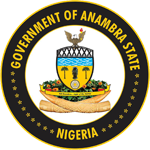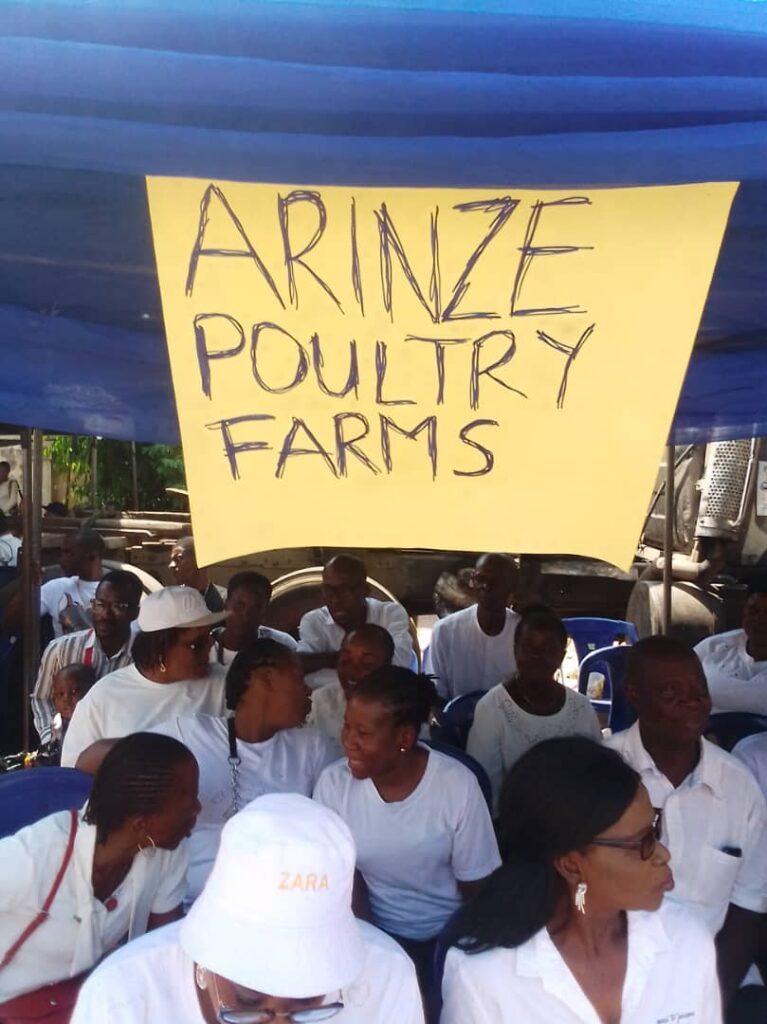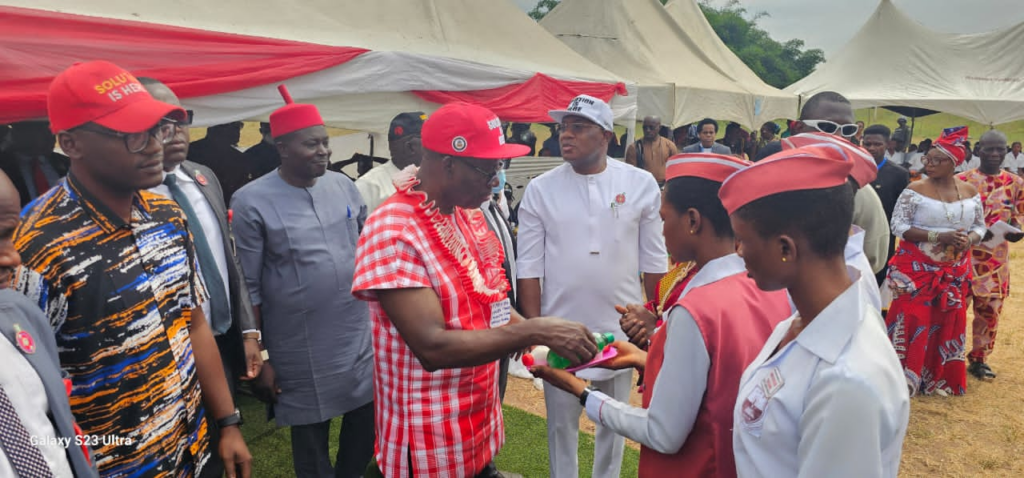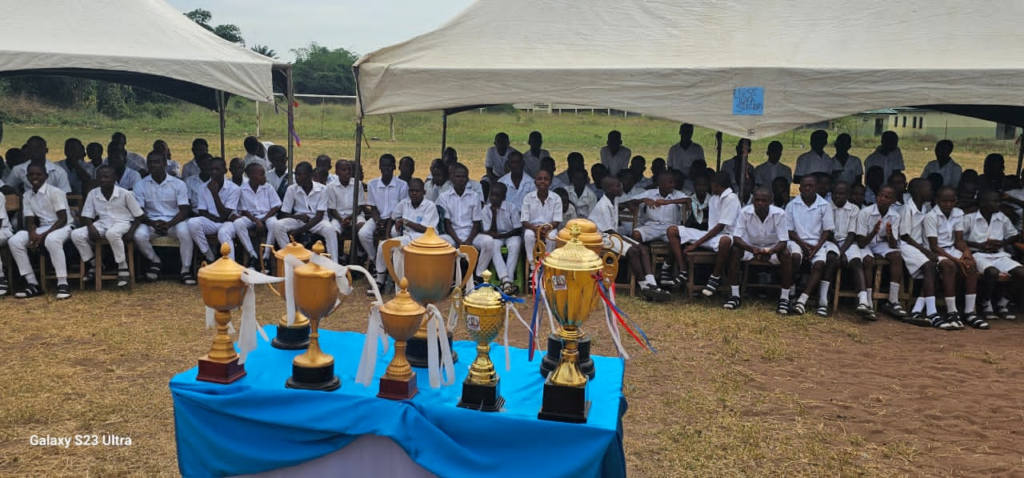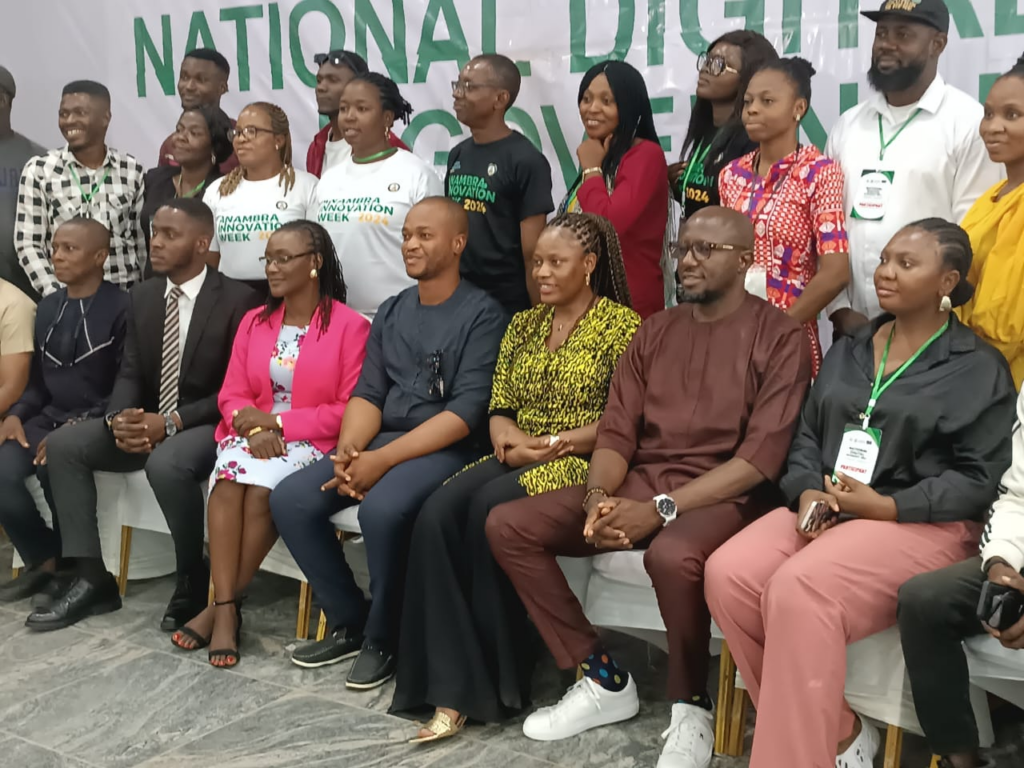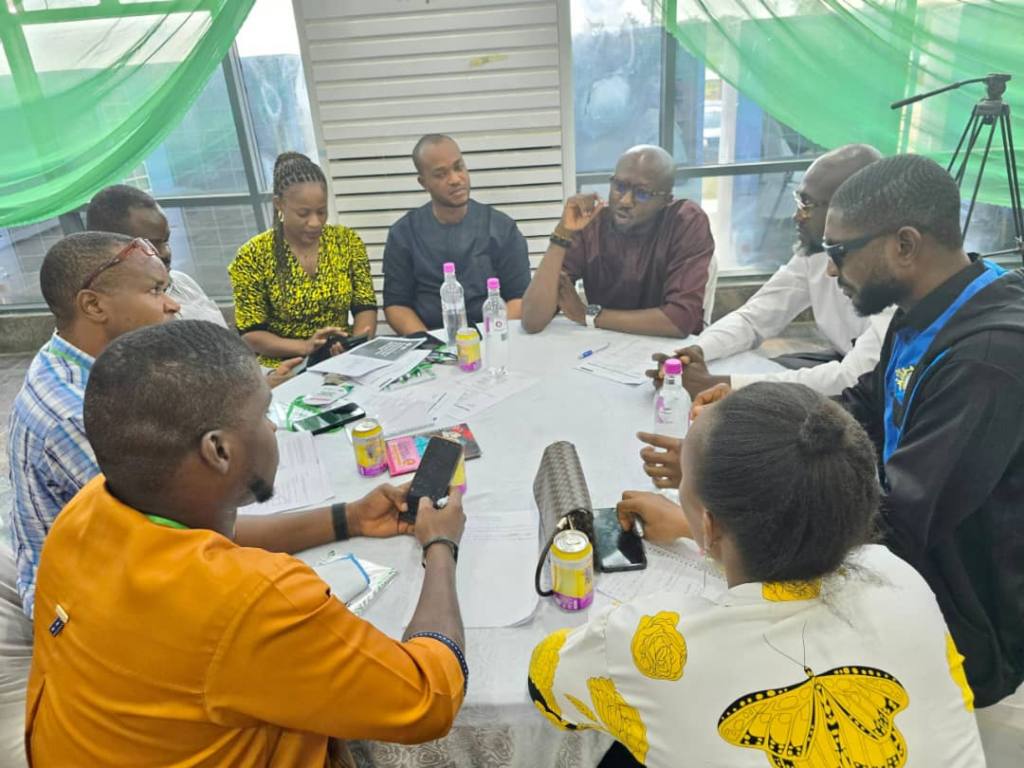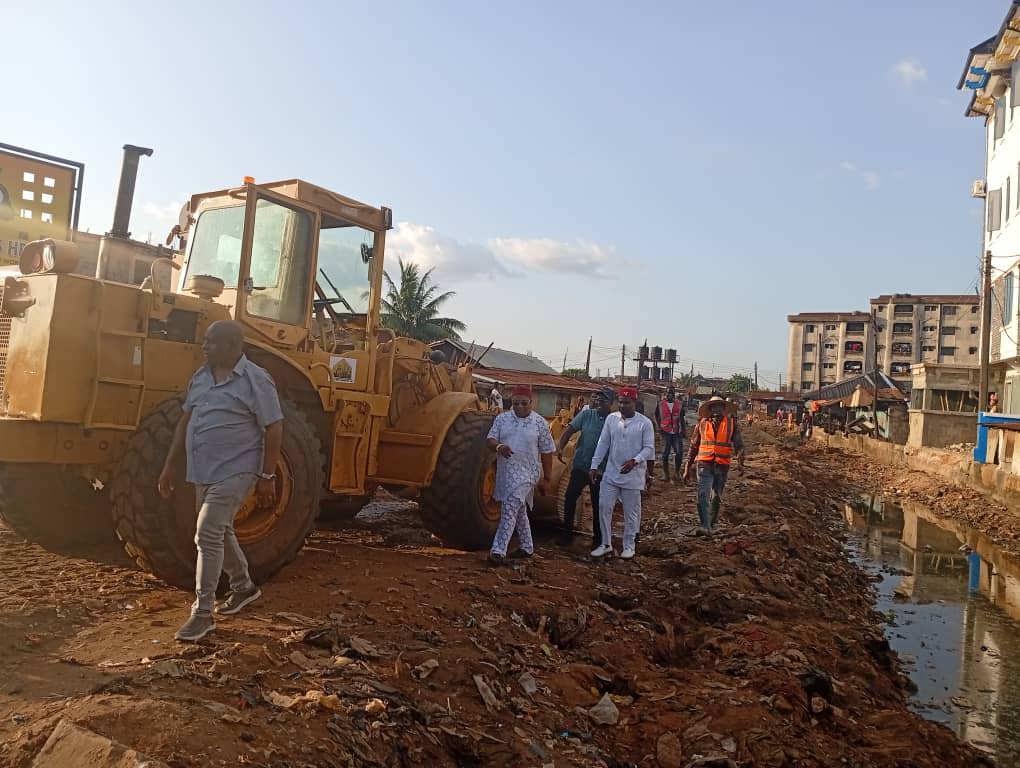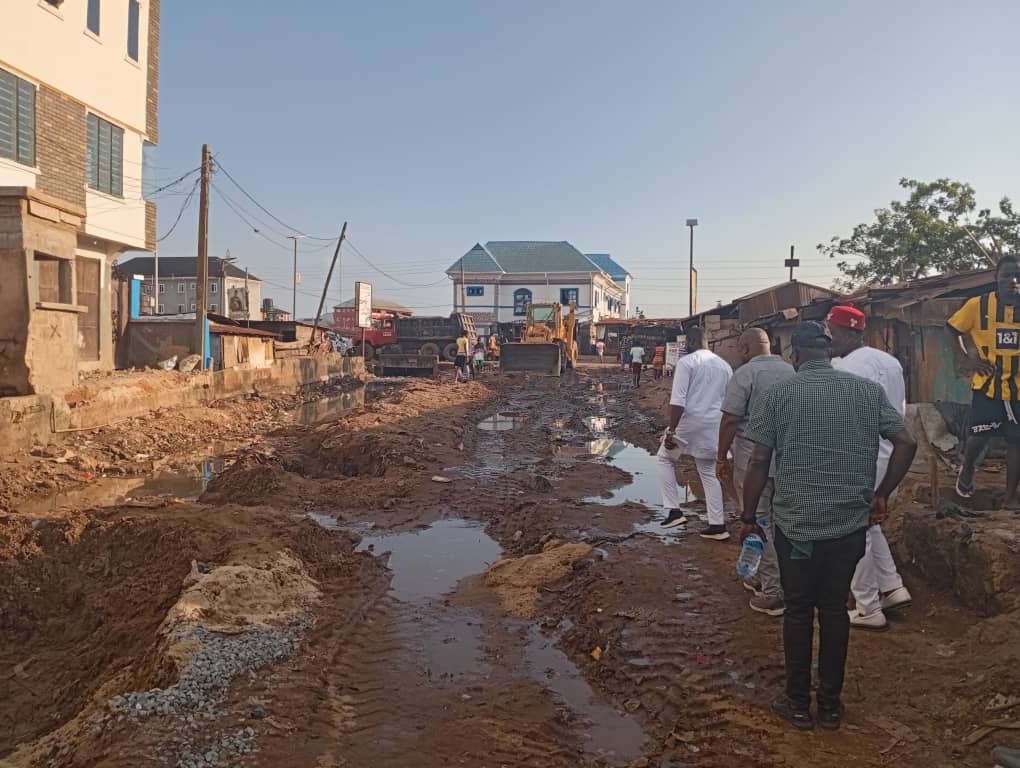DR MEFOR RECEIVES A UK FELLOWSHIP AWARD, APPOINTED VISITING PROFESSOR
By Rose Oranye :
Anambra State Commissioner for Information, Dr. Law Mefor, has been awarded Fellow of the Chartered Institute of Educational Practitioners, United Kingdom (CIEPUK).
According to the Global President of CIEPUK, Dr Marcel Ezenwoye, the fellowship award was in recognition of his outstanding professional achievements and contributions to the fields of mass communication and entrepreneurial technology. It also reflected his distinguished career spanning over three decades, during which he successfully handled notable media and communication projects domestically and internationally.
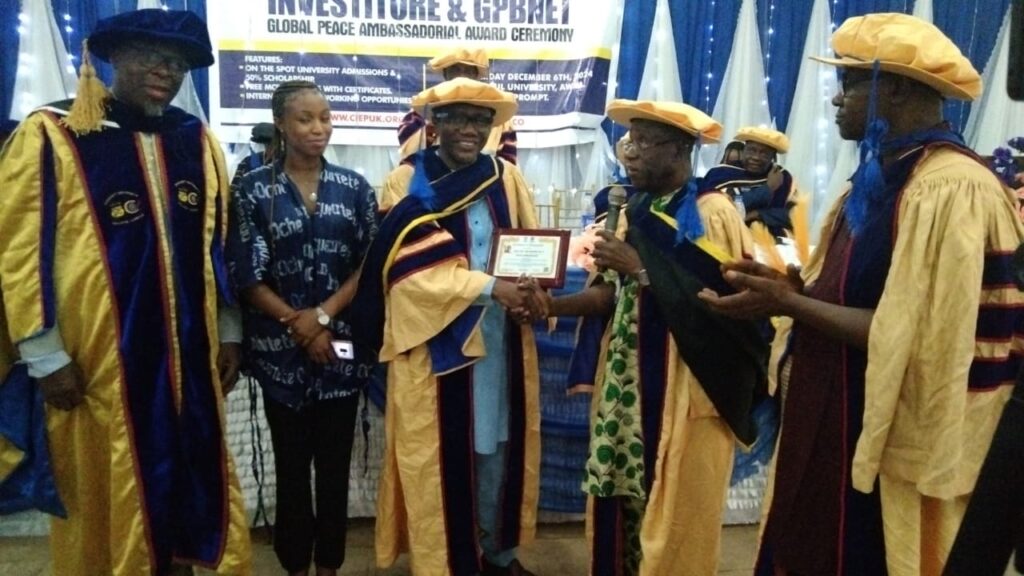
“Also, your fellowship with other Nigerian institutions is a testament to your exceptional expertise and commitment to excellence,” Ezenwoye stated.
Speaking during the Investiture and Induction Awards Ceremony, held at Paul University, Awka, Anambra State, where he was appointed a visiting professor, Dr. Mefor appreciated the institutions, respectively, assuring them of his support and that of his friends.
He further reiterated Governor Chukwuma Soludo’s special interest in education, which the governor demonstrated by offering free education from primary to secondary school for not only the people of Anambra but all residents of the state regardless of their states of origin.
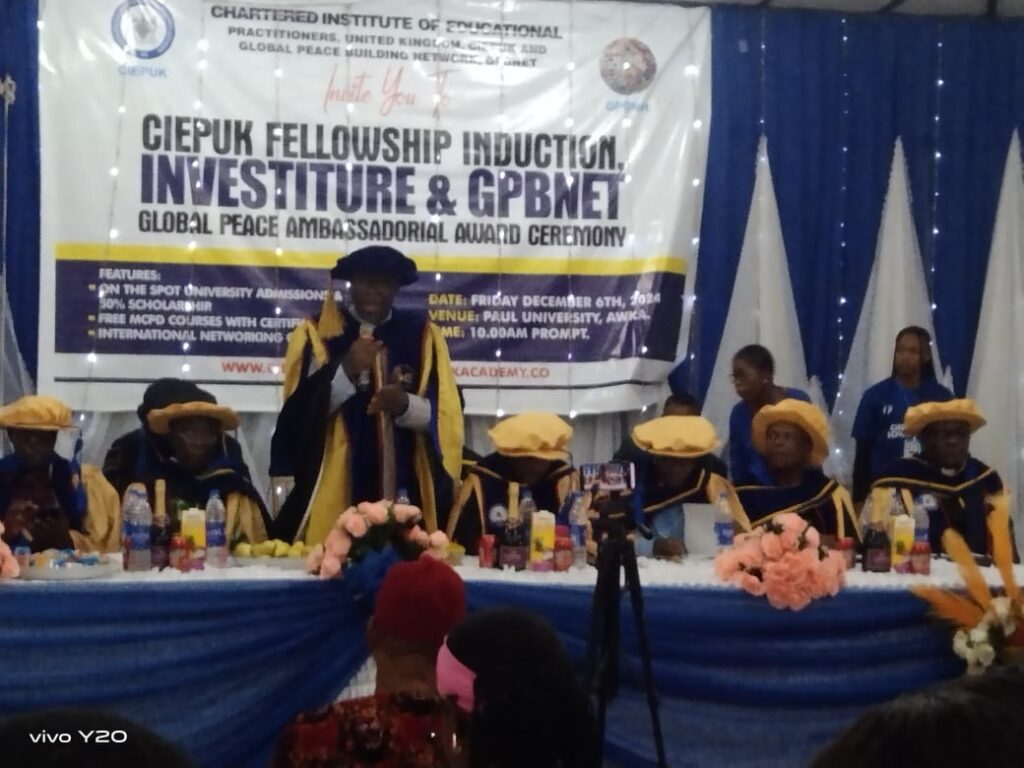
According to him: “Free education is a tool created to break generational poverty transfer. Some families are so poor that unless something is intentionally done, the poverty will continue from generation to generation. With free education, it becomes possible that such families where you have dynasties of poverty can now become havens of wealth because, with a secondary school education, any person can spring up from the family with a basic education.
“The free education offered by Governor Soludo is not just for Ndị Anambra. As long as you live in Anambra, you will enjoy free education. I am aware that some people living in neighbouring states are enrolling in Anambra schools because of free education. We are not sending them back because Anambra is a place for all,” Mefor said.
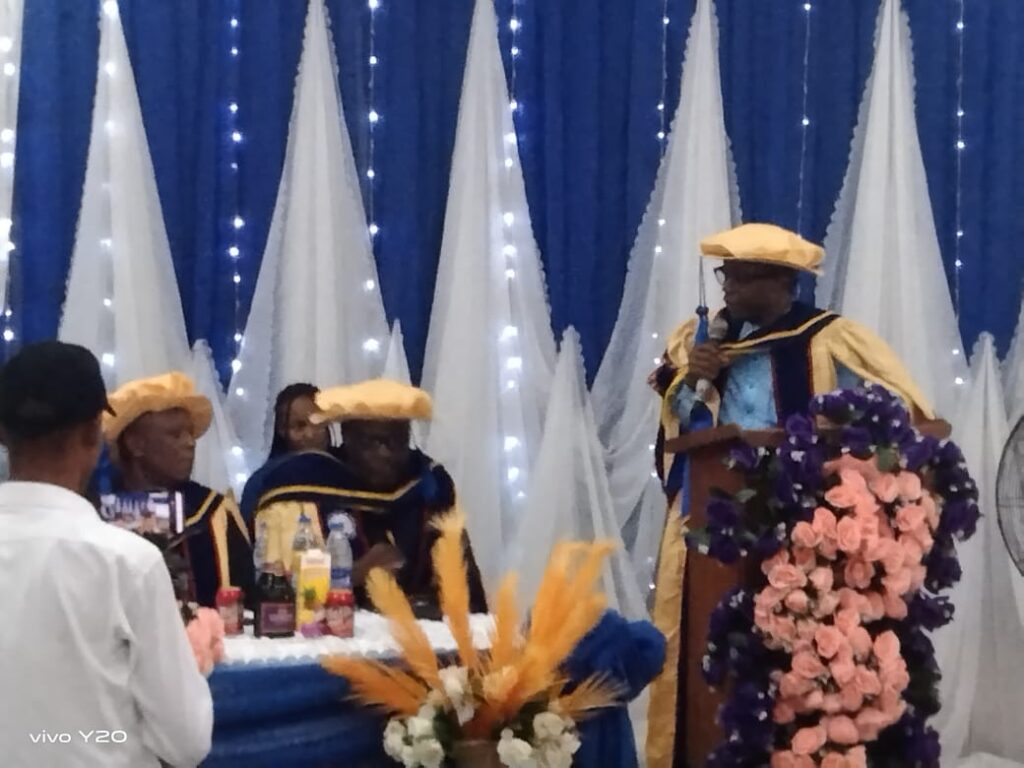
The Vice Chancellor of Paul University, who handed Dr Mefor the fellowship award, approved the request of the Information Commissioner to lecture in the university gratis in his spare time, assuring him of his appointment as associate professor or professor after peer review of his academic credentials.
The vice chancellor also announced a 50% rebate for school fees for certain categories of students and the university’s readiness to partner with the Soludo administration to advance education generally in the state.
